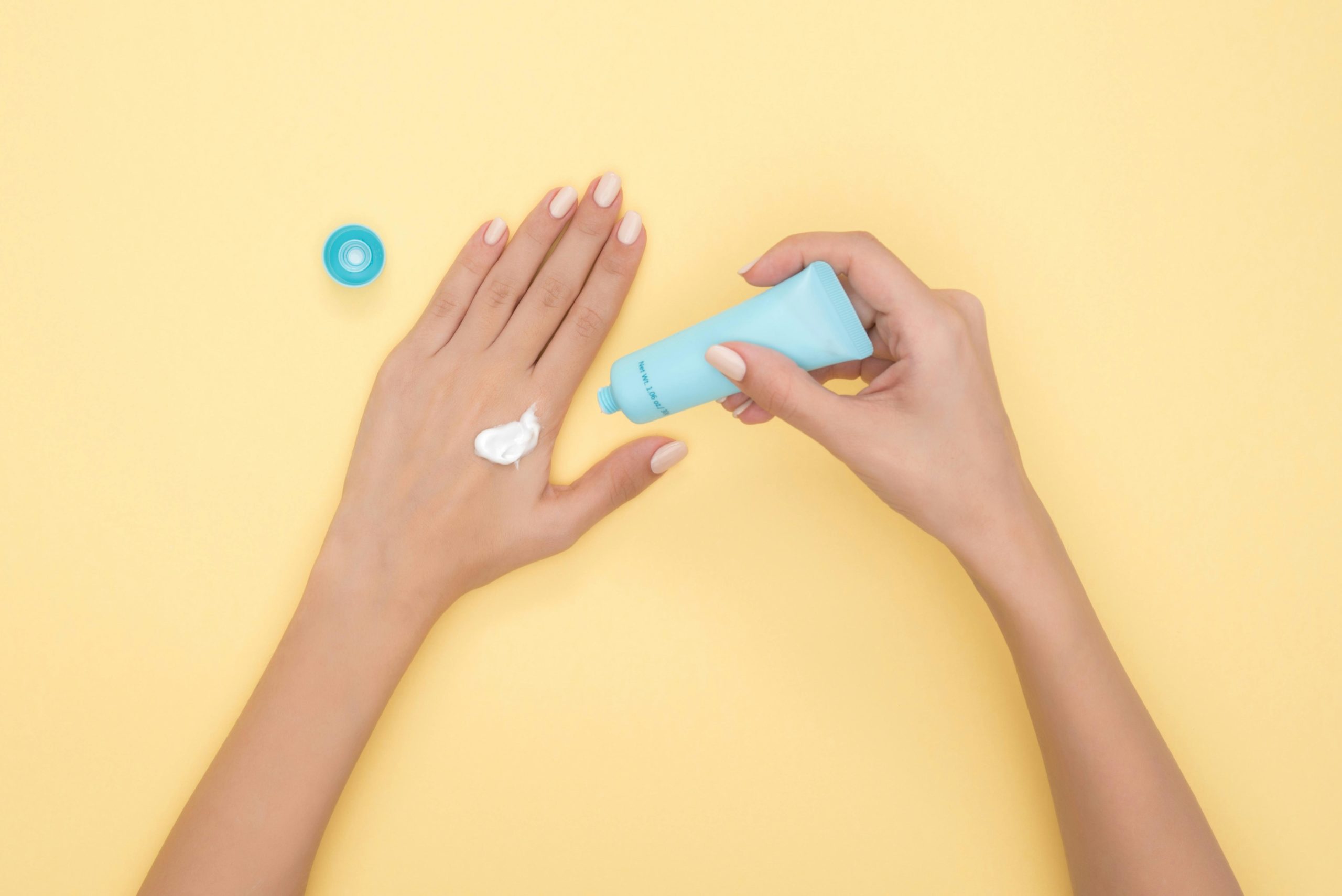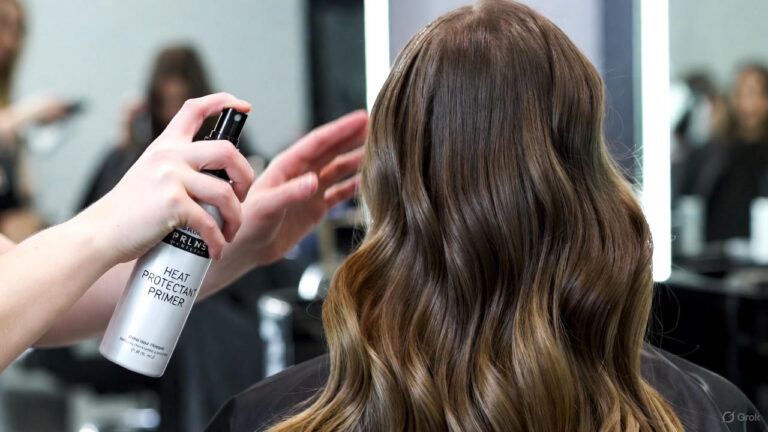In today’s fast-paced world, the allure of natural beauty remedies has never been stronger. With concerns about synthetic ingredients and environmental impact on the rise, many individuals are turning to the healing powers of medicinal herbs to create DIY beauty products. From calming chamomile face masks to invigorating rosemary hair rinses, the possibilities are endless when it comes to incorporating herbs into your skincare and haircare routines.
In this article, we’ll explore the therapeutic benefits of medicinal herbs and provide you with simple yet effective recipes for DIY beauty products that you can make at home.
The Healing Power of Medicinal Herbs
For centuries, medicinal herbs have been prized for their therapeutic properties and used in traditional medicine practices around the world.
From Ayurveda in India to Traditional Chinese Medicine (TCM) and Native American healing traditions, herbs have played a central role in promoting health and well-being.
Many herbs possess powerful anti-inflammatory, antioxidant, and antimicrobial properties, making them ideal ingredients for skincare and haircare products.
DIY Skincare Recipes Using Medicinal Herbs
1. Chamomile Face Mask
Chamomile is renowned for its calming and soothing properties, making it an excellent choice for sensitive or irritated skin. To make a chamomile face mask, steep dried chamomile flowers in hot water, then mix the infused water with honey and oatmeal to form a paste. Apply the mask to clean skin, leave on for 15-20 minutes, then rinse off with warm water for soft, nourished skin.
2. Lavender Body Scrub
Lavender is not only prized for its relaxing aroma but also for its skin-soothing properties. To create a lavender body scrub, combine finely ground oatmeal with dried lavender buds and coconut oil. Gently massage the scrub onto damp skin in circular motions, then rinse off for exfoliated and moisturized skin.
3. Calendula Healing Salve
Calendula is well-known for its healing properties, making it ideal for treating minor cuts, burns, and skin irritations. To make a calendula healing salve, infuse dried calendula petals in a carrier oil such as olive or coconut oil over low heat for several hours. Strain out the petals, then mix the infused oil with beeswax and shea butter. Allow the mixture to cool and solidify before applying to affected areas for natural healing.
DIY Haircare Recipes Using Medicinal Herbs
1. Rosemary Hair Rinse
Rosemary is prized for its ability to stimulate hair growth and improve scalp health. To make a rosemary hair rinse, steep fresh rosemary sprigs in hot water, then allow the infusion to cool. After shampooing and conditioning your hair, pour the rosemary rinse over your scalp and hair as a final rinse. Leave it on for a few minutes before rinsing with cool water for shiny, healthy-looking hair.
2. Peppermint Scalp Treatment
Peppermint has cooling and invigorating properties, making it an excellent choice for soothing an irritated scalp and promoting circulation. To create a peppermint scalp treatment, mix peppermint essential oil with a carrier oil such as jojoba or almond oil.
Massage the mixture into your scalp, focusing on areas of irritation or dryness. Leave it on for 15-20 minutes, then shampoo and condition your hair as usual for a refreshed scalp and luscious hair.
Conclusion
Harnessing the power of medicinal herbs in DIY beauty products allows you to nourish your skin and hair naturally while avoiding the harsh chemicals often found in commercial products. Whether you’re looking to soothe sensitive skin, promote hair growth, or simply pamper yourself with luxurious treatments, there’s a medicinal herb for every beauty need.
FAQs
Q1: Are DIY beauty products using medicinal herbs safe for all skin types?
Yes, most DIY beauty products using medicinal herbs are safe for all skin types, but it’s essential to perform a patch test first, especially if you have sensitive skin or allergies.
Q2: Where can I purchase medicinal herbs for DIY beauty products?
Medicinal herbs can be found at health food stores, herbal apothecaries, and online retailers specializing in natural products. Look for organic, high-quality herbs for the best results.
Q3: Can I customize DIY beauty recipes with different herbs?
Absolutely! Feel free to experiment with different herbs based on your skin and hair needs. Just make sure to research each herb’s properties and potential interactions before incorporating them into your recipes.
Q4: How long do homemade beauty products using medicinal herbs last?
Homemade beauty products using medicinal herbs typically have a shorter shelf life than commercial products due to the absence of preservatives. Store them in a cool, dry place and use them within a few weeks to ensure freshness and potency.
Q5: Can I use fresh herbs instead of dried herbs in DIY beauty recipes?
Yes, you can use fresh herbs instead of dried herbs in DIY beauty recipes, but keep in mind that fresh herbs may have a higher water content and shorter shelf life. Adjust the proportions accordingly and consider using the fresh herbs within a few days for optimal results.



